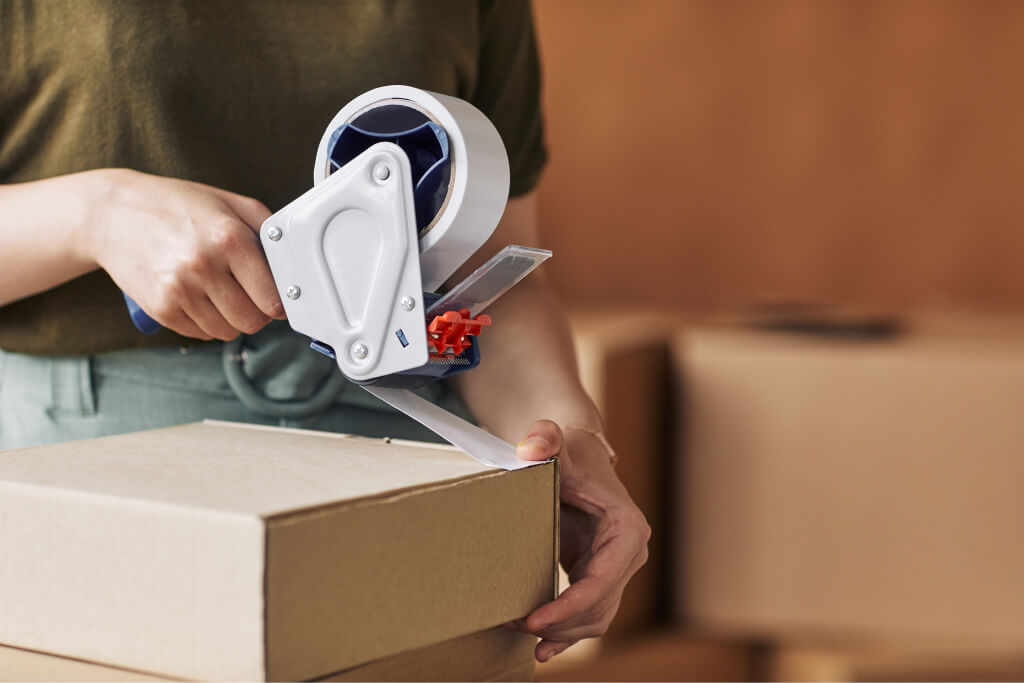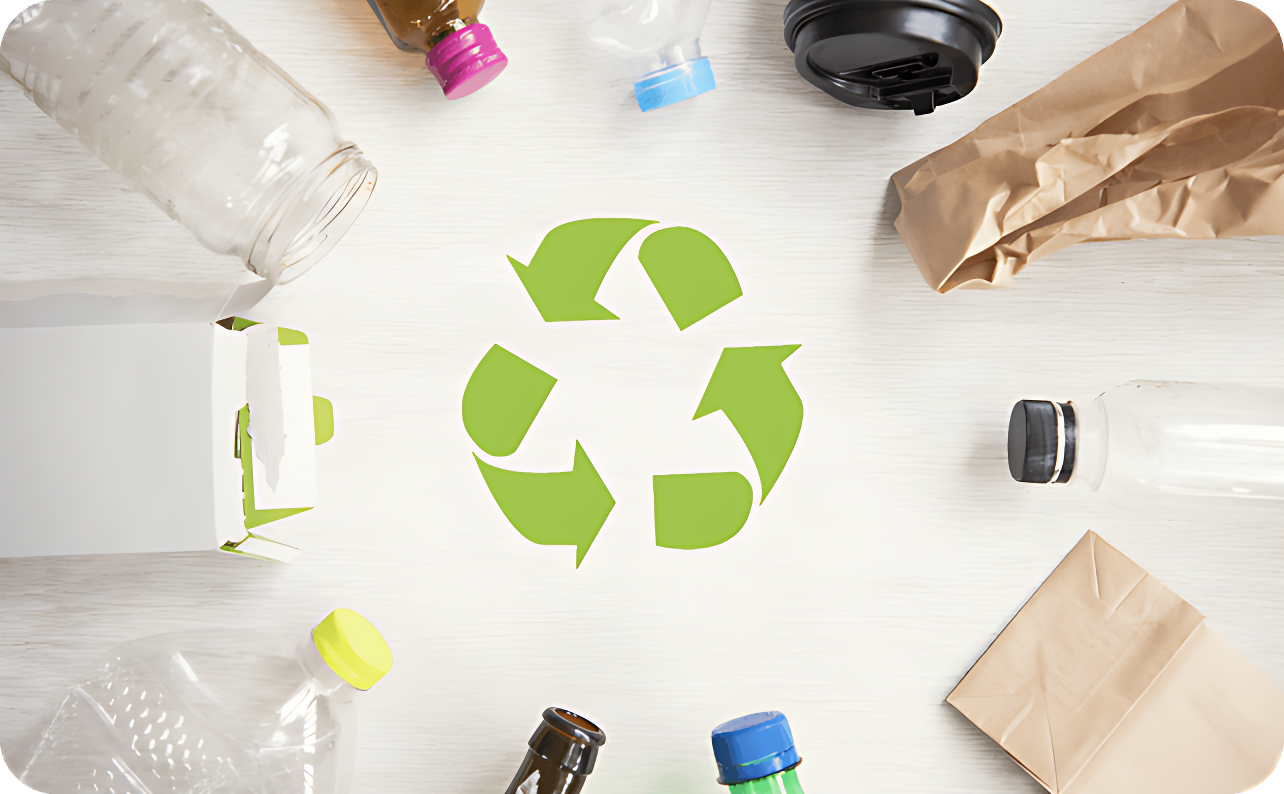
about us
environmental
At Connected Sourcing, we understand the importance of acting in a manner that allows us to succeed and grow now, without jeopardising the future. Take a look below at just some of the sustainability projects we have been involved with
insights on sustainability
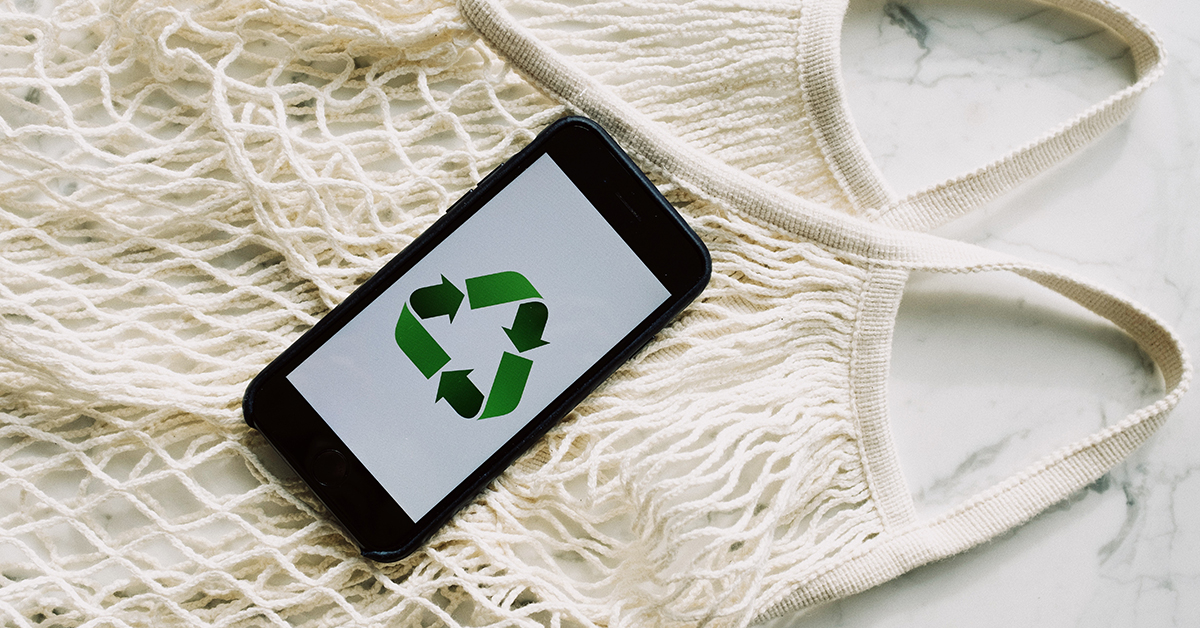
why sustainable products cost more
In today’s increasingly interconnected world, with pressing issues such as climate change, resource shortages, international conflicts, and the COVID-19 pandemic
sustainability projects examples
We Sourced A New, Biodegradable Material Called rPET For Use With Our Delivery Bags.
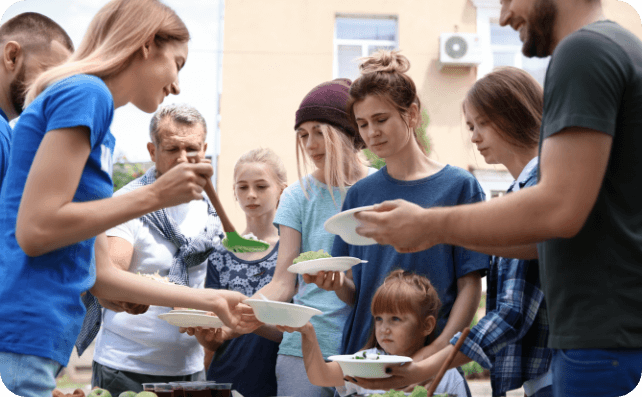
Polyethylene Terephthalate, or ‘PET’, is an eco-friendly and highly recyclable plastic. Used PET containers can be washed and re-melted into plasma, from which new items can be crafted.
Although very few re-used PET containers can be used as food-grade containers due to difficulty in finding high quality, cleaned PET packaging, they can find a new calling as recycled polyester fabric, or rPET. This new material can be used to make products including backpacks, clothing or in our case food delivery bags!
Connected Sourcing also experimented with biodegradable and compostable packaging for Uber Eats on woven bags and shopping bags. The bag is manufactured 100% based on PLA (Polylactic Acid), which is obtained from corn starch.
It is 100% vegetable and made from lactic acid. Due to it being economically produced from renewable resources, PLA has become a popular material to use for packaging. It is used in the food industry to package sensitive food products.
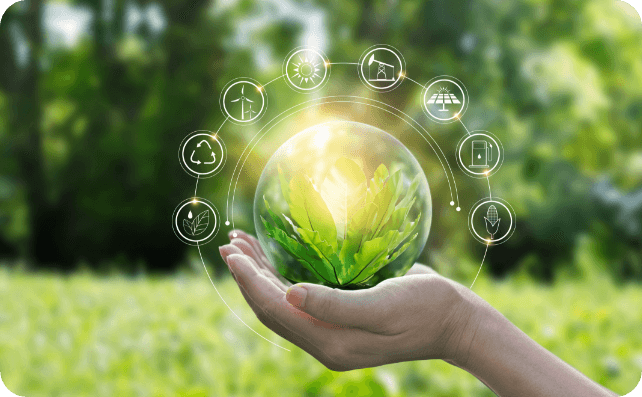
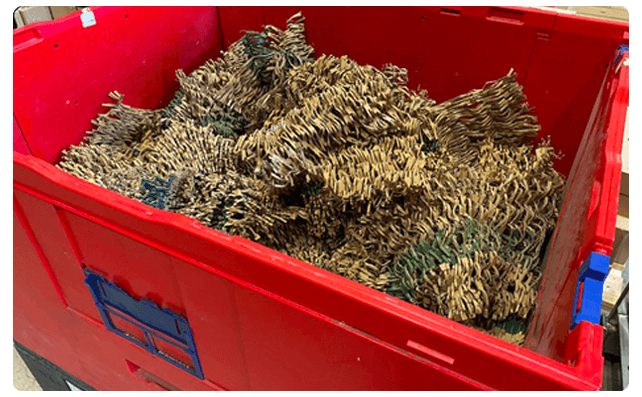
Our warehouses have been recognised for the environmentally friendly way that they operate, by winning the Environment Award, a national competition organised by the United Kingdom Warehousing Association (UKWA). This award states that the warehouse ‘demonstrates the most significant and successful application of green processes, procedures or monitoring’ throughout the year.
The UKWA judges were impressed by a number of green initiatives, which included dramatically cutting the amount of waste packaging generated by its clients’ supply chains by turning in-bound transit packaging waste into protective material that is then used to protect outgoing orders.
We shred any incoming packaging which was originally disposed of, whereas it’s now used as infill – free of charge to all customers.
We ensure that all of our materials are sourced as close to home as possible, by working with local suppliers. This minimalizes the environmental impact, both on manufacturing and the delivery to the warehouses. We continuously review this to be sure that we are aligned with the most cost-effective and sustainable options.
All of the boxes that we use are recyclable and sourced from sustainably managed forests. We try to ensure that our boxes are as close to the required size as possible – this helps to reduce filling the void with further material.
There is also the option to use paper tape, which is much greener and more popular.
